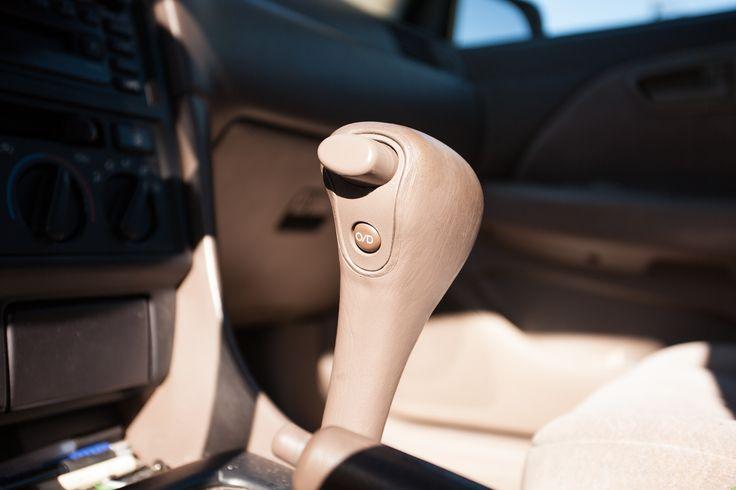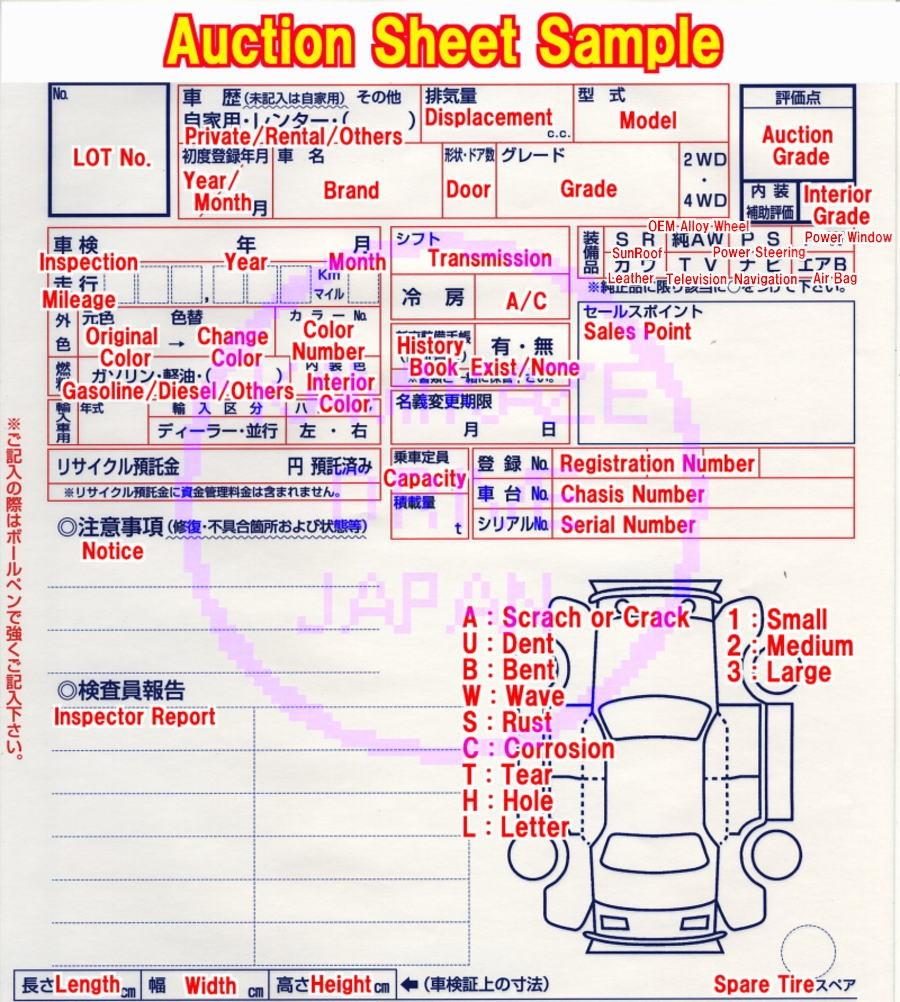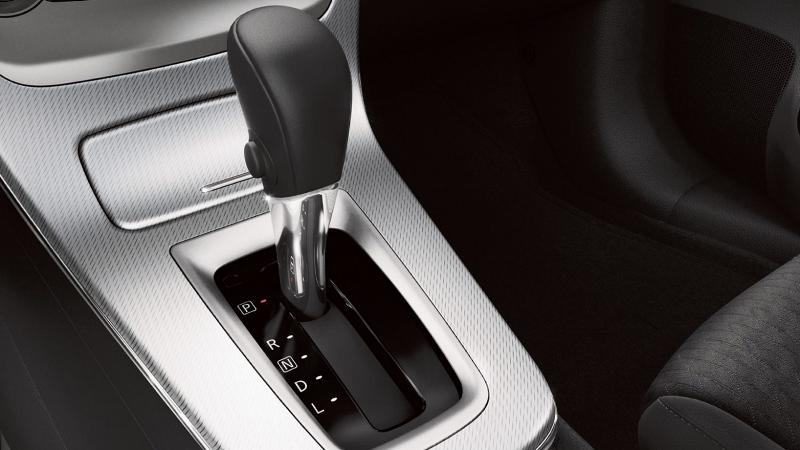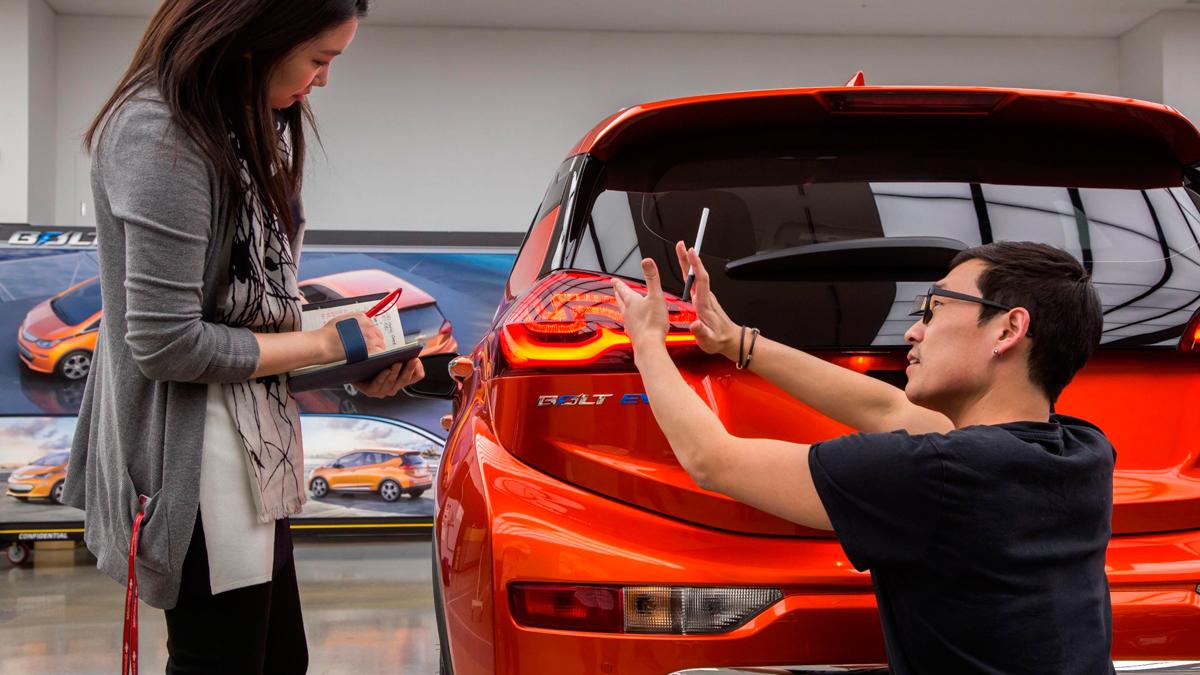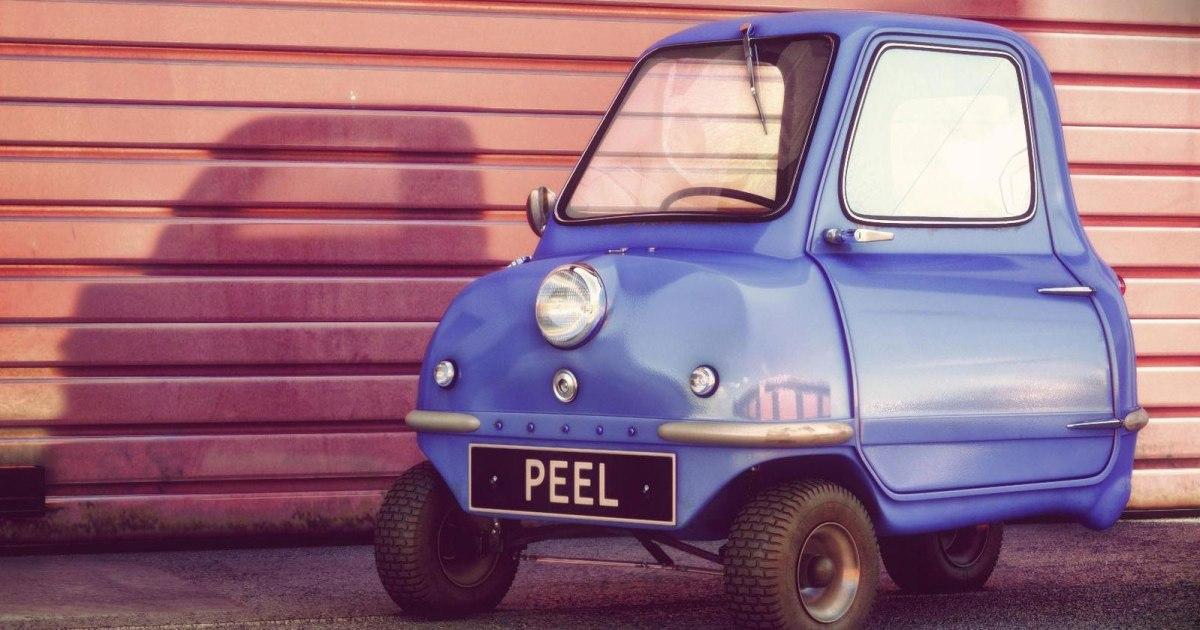Engine Braking With A Manual Transmission – Is It Bad?
Everyone makes use of engine braking at some point of time while driving. However, the question- “Is engine braking good or bad?” has raised doubt in many minds.
To know, whether it has more of pros or cons, let’s first understand the concept- Engine Braking.
What is Engine Braking?
When the retarded forces are used instead of friction or magnetic brakes in order to slow down the vehicle’s speed, it is defined as engine braking. In simple words, for lowering down the vehicle speed, when the driver pops into the lower gear by releasing the accelerator pedal, this is called engine braking.
Here, it is important to note that the working mechanism of engine braking differs in both, the gasoline as well as the diesel engine.
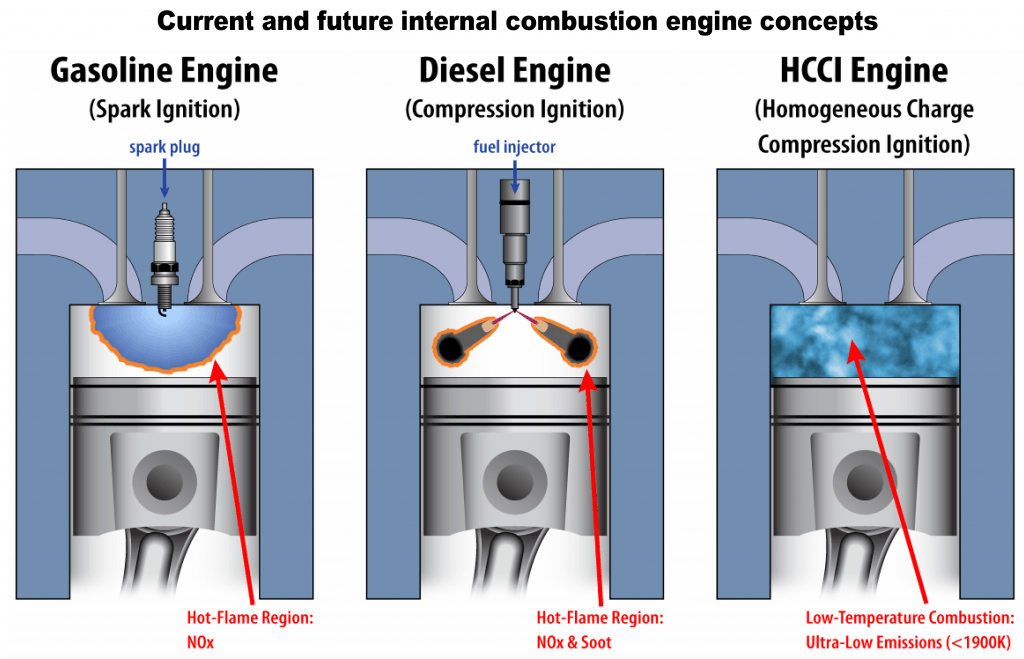
1. Gasoline Engine
In this type of engine, when the accelerator pedal is released, the throttle valve closes down gradually. As a result, the air flow inside the cylinder decreases, which creates a vacuum. Thus, it causes the “engine braking” force.
For more information on it, you can also refer engine braking manual online.
2. Diesel Engine
Now, in case of a diesel engine, there is no as such throttle body, which controls the flow of air inside the cylinder. But, yes on the exhaust side of the diesel system, there’s a closing valve like a throttle.
So, when the power stroke occurs, the piston goes down and it pushes the exhaust out of the cylinder. However, in this case, the valve (at the exhaust side) closes, creating the backpressure inside the cylinder. And, this resists the engine and slow down the vehicle.
Is It Bad To Engine Brake With A Manual Transmission?
Finally, after understanding the principle working of the system during engine brake, let’s answer the most debatable question-“is engine braking bad or good?”
Well, according to our experts, if done appropriately and correctly, it can benefit especially, in terms of safety. However, it is wise to use this method only under certain conditions like.
1. Engine Braking in Snow and Ice
While driving on snow or ice, remember a mere harsh brake can lead to loss of grip between the tires and the road surface. Therefore, to prevent such situations from occurring, engine braking is what can be made use of, as it allows the car to slow down without sliding.
Moreover, the driver must remove foot from the accelerator pedal gently as soon any hazard is spotted on the ice. By this, it increases the effect of engine braking and saves the people in the car from any severe accident.
2. Engine Braking Down the Hill
Traveling down the hill no doubt increases vehicle momentum due to gravity, but it can be controlled without falling prey to the brake fading.
All one need to do is, maintain the car in 2nd or 3rd gear. So that, the vehicle’s system can make use of engine brake to slow down on a steeper hill. And with no surprise, the same procedure follows for the automatic car.

Clutch braking and Engine braking in a manual car? How do they differ?
By now, you must be aware that there are two ways of stopping the vehicle. One is of course engine braking and the other is clutch braking.
For using the best method out of the two in accordance with your vehicle, it’s essential to first understand the difference between the two of them.
1. Clutch Braking
Commencing with the clutch braking, it is the process of slowing down the car using the clutch pedal. During the process, pressing and releasing the clutch pedal is repeated several times unless the vehicle slows down and finally, stops. Usually, this method is not advised as it wears down the clutch plates quickly, which are too costly to maintain the car.
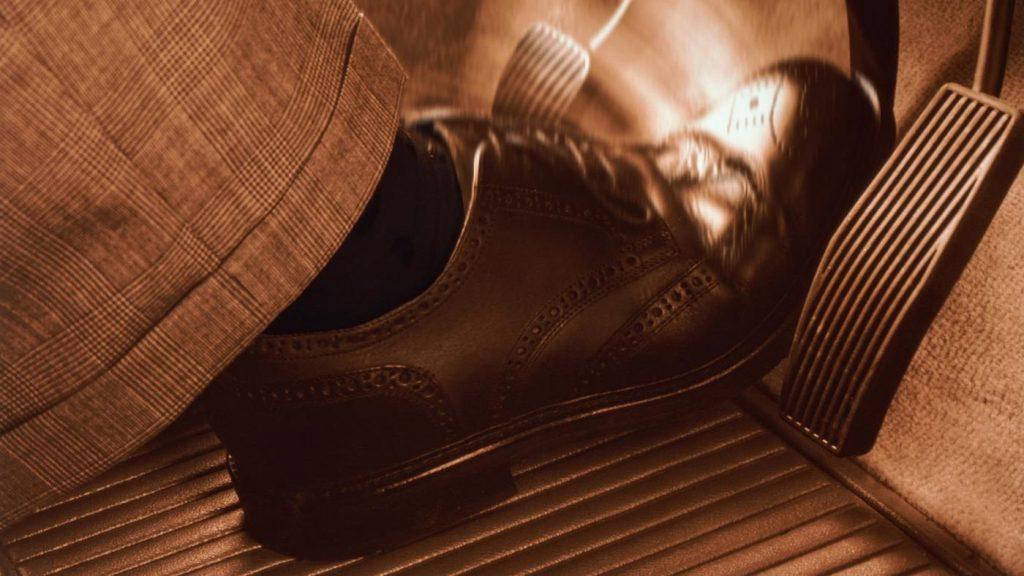
2. Engine Braking
Contrarily, in case of engine braking, the clutch pedal is completely detached from the process. The driver just has to pull away his foot from the accelerator gently, which will allow the backpressure and engine friction to reduce the speed of the vehicle.
READ MORE:
Final Words from Expert on Using Engine Brakes
For effective use of engine brake, it must be combined relevantly with the foot brake. By this, the driver would be able to pay more attention on the road and thus, can ensure safe driving. This also increases the fuel efficiency and reduces the wear out of components.
This also brings the discussion to a conclusion that although excessive use of this method can wear out the clutch plates (in case the gear is often changed while slowing down the car). But, if used wisely, the engine braking is not bad for the car.





